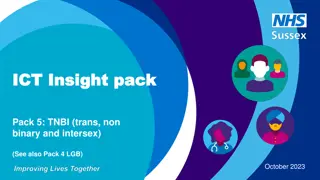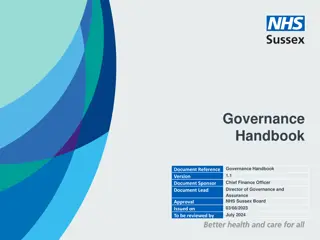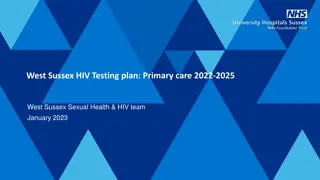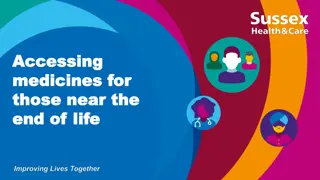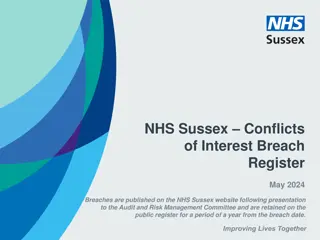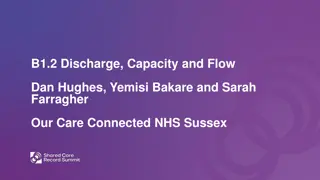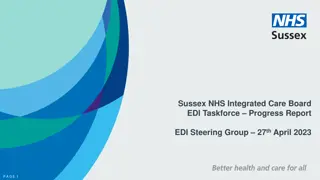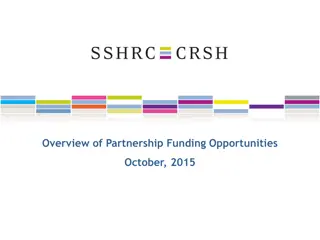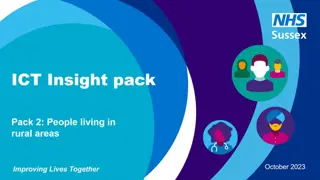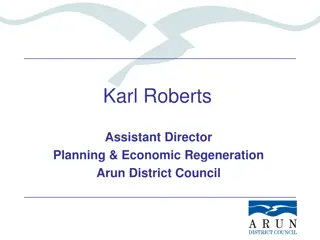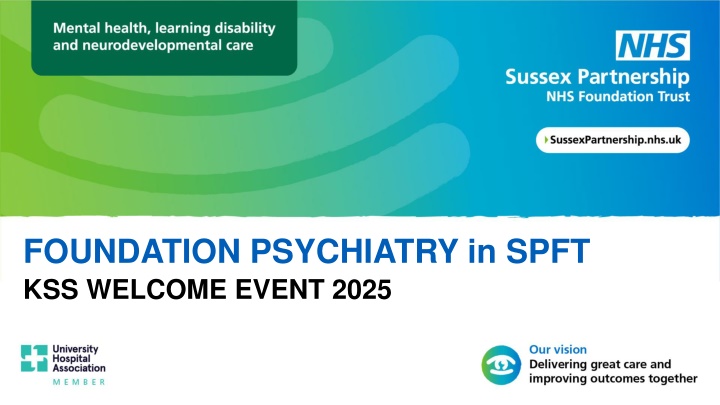
Foundation Psychiatry in SPFT KSS: Welcome Event 2025
"Learn about the Foundation Programme in Psychiatry offered by Sussex Partnership NHS Foundation Trust (SPFT) in the Kent, Surrey, and Sussex (KSS) area. Discover the aims of the programme, essential skills development, and the importance of psychiatry in medical practice transition. Explore the various services and placements available, and why choosing psychiatry can be a rewarding career choice for doctors."
Uploaded on | 0 Views
Download Presentation

Please find below an Image/Link to download the presentation.
The content on the website is provided AS IS for your information and personal use only. It may not be sold, licensed, or shared on other websites without obtaining consent from the author. If you encounter any issues during the download, it is possible that the publisher has removed the file from their server.
You are allowed to download the files provided on this website for personal or commercial use, subject to the condition that they are used lawfully. All files are the property of their respective owners.
The content on the website is provided AS IS for your information and personal use only. It may not be sold, licensed, or shared on other websites without obtaining consent from the author.
E N D
Presentation Transcript
FOUNDATION PSYCHIATRY in SPFT KSS WELCOME EVENT 2025
Dr Stavros Bekas MD MSc MA FHEA Foundation Programme Lead Tutor Lead Psychiatrist, Adult Services East Sussex
The Aims of the Foundation Programme The UK Foundation Programme is designed to support the transition from medical student to a doctor that is: an accountable, capable and compassionate clinician; a valuable member of healthcare workforce and; a professional, responsible for their own practice and portfolio development. These form the three Higher Level Outcomes (HLOs) of the Foundation Programme.
Sussex Partnership NHS Foundation Trust All psychiatry placements in the Sussex KSS area are offered here Child and adolescent mental health services (CAMHS) Community based services Inpatient services Specialist older adults and dementia services Specialist services Urgent care services Hospitals Units
Why psychiatry? Mental Illness prevalence Integration and Community emphasis Generic, transferable skills Careers and Recruitment
Why psychiatry? Good medical practice and the foundation doctor - covers a lot of the Curriculum based on the General Medical Council s (GMC) documents Build on undergraduate education - by instilling recently graduated doctors with the attributes of professionalism and the primacy of patient welfare, with both acute and long-term conditions
Why psychiatry? Provides generic training that ensures foundation doctors develop and demonstrate a range of essential interpersonal and clinical skills for managing patients with both acute and long-term conditions, regardless of the specialty Provides a variety of workplace experience during your foundation programme in order to best inform career choice.
The parity of mental health and the importance of social wellbeing emphasises the importance of mental and social wellbeing on physical health and lists explicitly the areas of mental health in which FDs should acquire competence: Depression Mania Psychosis Anxiety/panic Personality disorder Delirium, dementia Eating disorders
Addictions Somatisation disorders, including functional syndromes Assessing capacity and using Mental Capacity Act; Mental Health Act 1983 Relevant ethical framework around difficult decision-making, Understanding that physical disease can present with psychiatric symptoms Serious adverse effects of common psychotropic medications Communicating with and managing a disturbed or challenging patient Manage risk - mental health patients to themselves and to others Explaining a diagnosis to a patient (or carer) who has Medically Unexplained Symptoms (MUS) or a non-organic cause for their symptoms, e.g. panic disorder presenting as chest pain.
RCPsych anticipates you should be able to: Elicit a basic clinical history for a common psychiatric disorder Perform a mental state examination for a common psychiatric disorder Perform a cognitive screening assessment Perform a risk assessment Make a concise case presentation and initial management plan for a common Psychiatric disorder Write an accurate and concise report, assessment or referral
Extras Shadowing other services within psychiatry On calls for some (eventually all F2s) Tasters that come out of study leave usually re approved F1 Posts will allow acute in-touch sessions along with regular Foundation teaching to develop the generic clinical competencies and do procedures Different ways of achieving this by each Acute Trust e.g. F1 to join the acute floor clerking team, A&E or weekend on calls; All Foundation doctors have 2 hours personal development time per weekly schedule
Contact S.Bekas@nhs.net

